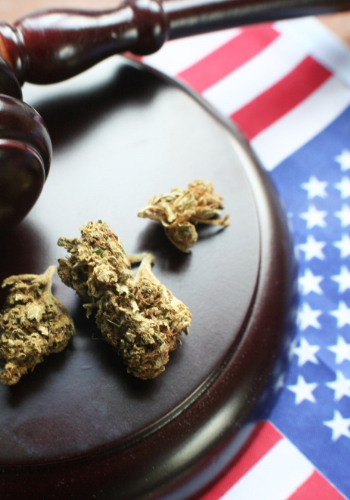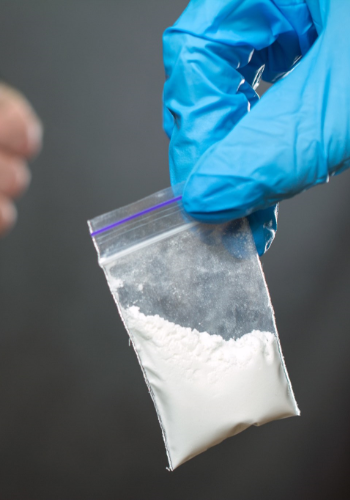Could Marijuana Combat America’s Obesity Problem?
We all have heard about how obesity is a national concern. But isn’t the fact that more than one-third of American adults (78 million) are obese more than just a “concern”? Or that 13 million children are growing up obese? Such statistics seem to have been blatantly staring at us for far too long- has there ever been a real solution that has made a real difference?

Obesity is much more than a matter of discipline- it is a biological issue with which people have struggled against for years. We receive homeostatic cues from our body telling us when we are hungry; in the case of an individual with obesity, they fail to receive or pay attention to those cues as well as another might.
Then, consider a trip out to a restaurant; the average meal size is four times the size it was in the 1940s. The society of large portions and high-sugar, high-carbohydrate foods is not conducive to beating obesity. Beyond this, there are several other possible contributors to the obesity epidemic: increased screen time, fewer physically active careers, the temperatures of the house and workplace, changes in sleep pattern and stress, and possible changes in bacteria in the digestive tract.
A surprising potential solution has been introduced in a study published in the journal Health Economics by researchers from San Diego State University and Cornell University: marijuana could be the answer to the overwhelming tide of obesity in the U.S.
The researchers ran a study from 1990 to 2012. In those twenty years, some 5 million surveys were collected regarding the effects of increased medical marijuana availability on society’s health. The survey was the Behavioral Risk Factor Surveillance Survey. With this data, the study found medical marijuana legalization “is associated with a 2 percent to 6 percent decline in the probability of obesity.” This reversal from the usual equation of individual consumption of marijuana equals an increased appetite is explained by researchers as caused by:
- Relieved chronic pain. (In older adults) If victims of chronic pain are taking medical marijuana, they are likely to become more active, more satisfied in life, and burn more calories overall.
- Reduced high calorie alcohol intake. (In young adults) Young adults who turn to a marijuana “high” instead of the effects of alcohol are decreasing their intake of high-calorie alcoholic beverages. (It is still unclear, however, if legalizing marijuana slows alcohol sales.)
One can hardly conclude that marijuana is going to solve the sky-high obesity rates, but we can take it as another example of legalized marijuana as a societal boon. If you or a loved one are facing charges involving marijuana, contact our office today at 714-713-4525 for a free case evaluation.
This is not an attorney-client communication, and as such no advice is being offered in this article. Any and all communications related to the Glew & Kim Law website should be deemed and considered advertisement. This article is purely opinion, and the basis of this and any opinion was formed subject to the reporting by the actual news agencies, the information from which was used as source material.














